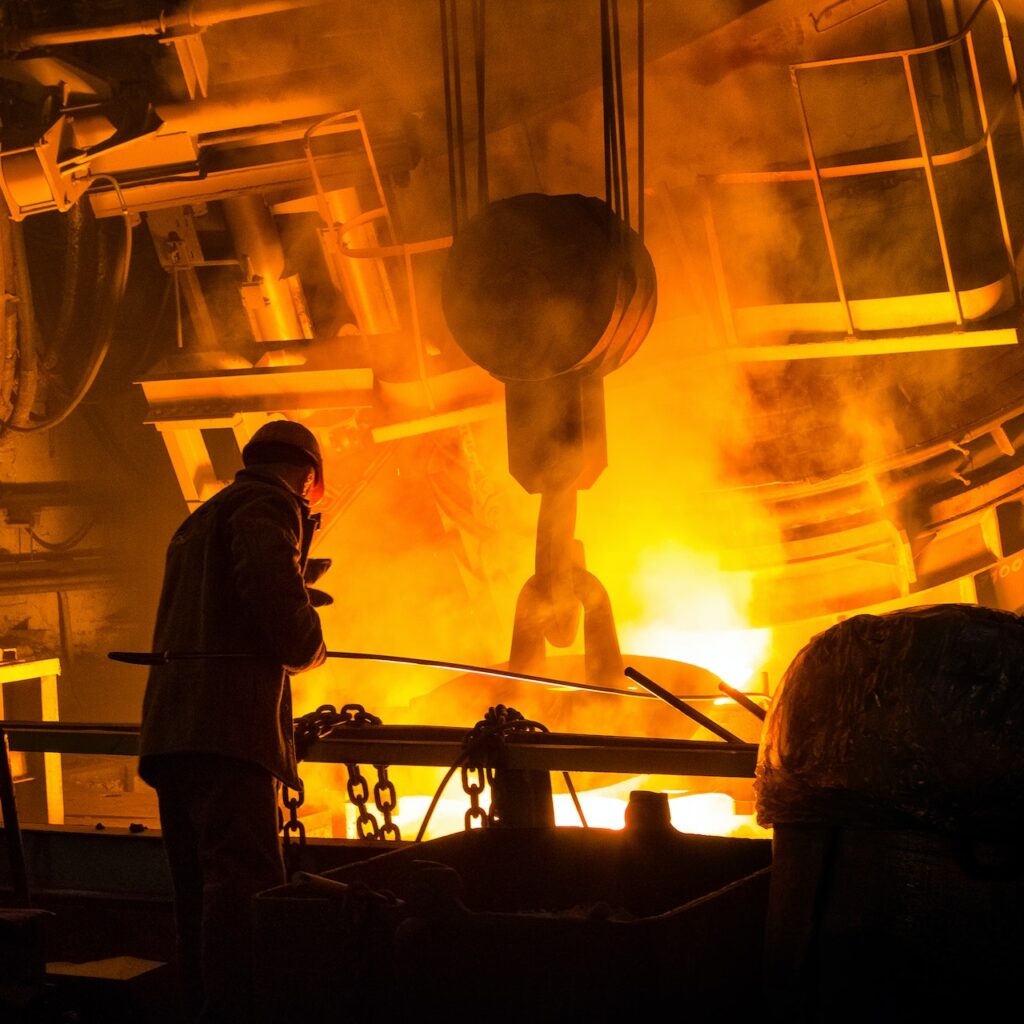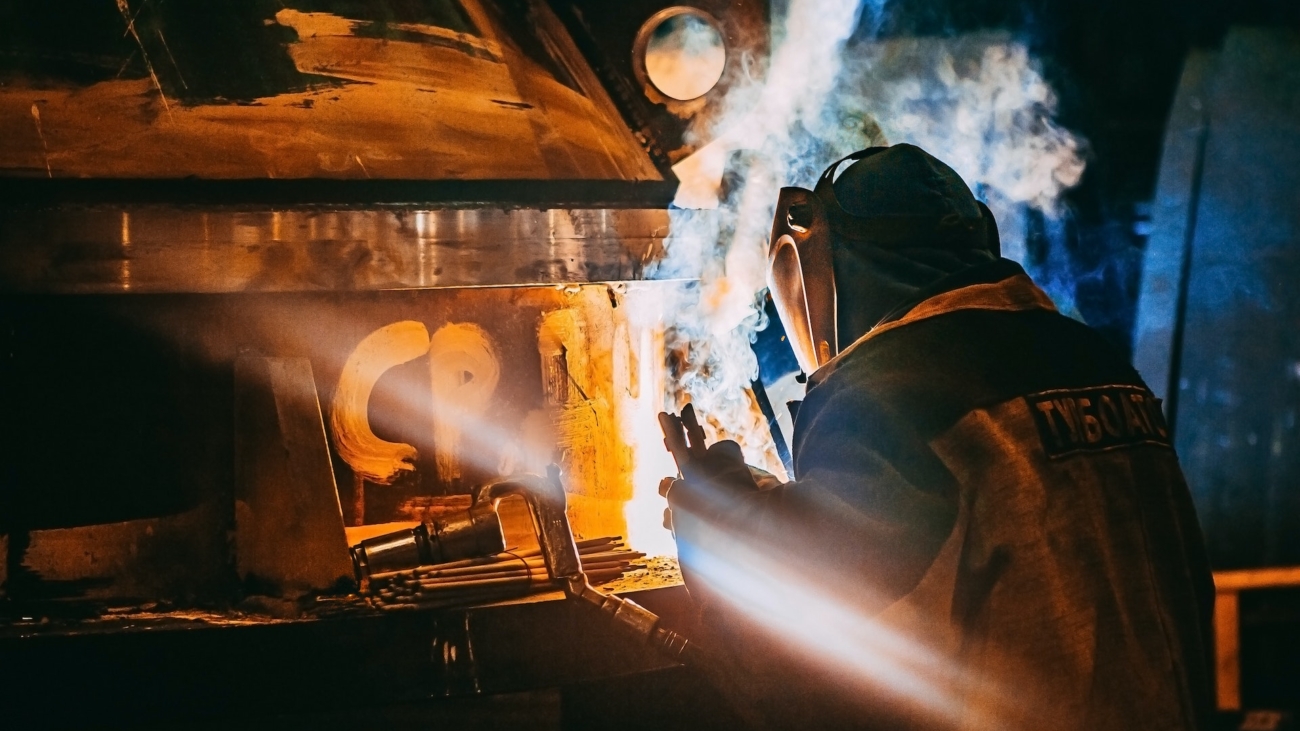In today’s world, the prevailing stress stems from the diminishing dominance of the leading nations that spearheaded the Industrial Revolution. This transformative era, which began in the late 18th century in the UK before spreading across Western Europe, ushered in a new age of industrialization and capitalism. Nations such as England, France, Germany, and the Netherlands enjoyed early-mover advantages during this epoch, laying the foundation for powerful banks and financial systems.
The symbiotic relationship between aristocracy and industry emerged as aristocrats invested in major industries, propelling the growth of the banking sector. This culture of banking travelled across the Atlantic to the United States, laying the groundwork for the industrial culture that would define the nation.
Fresh ideas from Industrial Revolution
The Industrial Revolution had far-reaching consequences, giving rise to concepts like meritocracy and democracy. Suddenly, the monarchy faced challenges from the masses as economic opportunities extended beyond the confines of the monarchy. The burgeoning industrial sector provided livelihoods for rural populations, prompting them to move away from farms and feudal structures.
One notable outcome of the Industrial Revolution was the heightened demand for raw materials in Western European nations. These materials were processed into finished goods, which were then sold for substantial profits. This economic shift prompted an upsurge in military power and the mass production of industrialized ships. Nations competed vigorously for colonies that offered access to cheap labor and raw materials.
A minority of political and industrial leaders rose to prominence, commanding vast human resources through means such as slavery, colonialism, and wage labor. Meanwhile, a significant portion of the population endured harsh living conditions in European cities or colonial farms. These conditions laid the groundwork for the development of ideologies like Socialism, Labor Laws, Liberal politics, and Communism. Additionally, the era witnessed a revival of the arts, including literature, poetry, theater, and music, as common people in colonies and cities engaged with these forms of expression.
The promised equality of opportunities associated with the Industrial Revolution and meritocracy gradually gave way to a resurgence of nationalism and income inequality among the new industrial elite. These elites openly challenged aristocracy and monarchy through the mechanisms of democracy.

Photo by Kateryna Babaieva: https://www.pexels.com/photo/man-standing-near-fire-3361235/
Tensions arising from Industrial Revolution
The tensions between Western European nations vying for colonies and power culminated in two world wars and the struggle for independence in various colonies. As the era of colonial dominance ended, Western Europe relinquished its status as a global leader. The United States, a capitalist powerhouse, and the Soviet Union, a communist rival, engaged in a prolonged cold war, marked by the constant threat of nuclear conflict. Ultimately, the USSR’s collapse in the 1990s left the United States as the sole superpower.
The sense of competition among the Western nations for dominance really started to tire them out. There were always avenues for various kinds of races between the Western nations on various fronts. Lots of money and resources were spent by competing nations to assert their positions somehow or the other. When we look at the result of these races between nations, we can feel how tired these nations look now due to heightened stress and tensions politically and otherwise.
Add international treaties and agreements which take up a lot of other newly independent former colonies and trying for dominance among them, a lot of dynamics among nations have changed from sheer force to something more collaborative. Also, the newly formed nations have started to now assert their strength in so many ways, that the old masters now are forced to give space for new ideas and new political equations.
New technologies and new dynamics
At this point, technology took center stage, with the United States leading the world. Technological advancements paved the way for the late 20th-century digital revolution, laying the foundation for today’s internet-based economy and politics.
In essence, the digital revolution and the interconnectedness of social media are descendants of the Industrial Revolution that began over 300 years ago. However, it’s worth noting that the United States is no longer the sole superpower, and various challenges to its hegemony are emerging, including technological competition, political influence, ideological shifts, and other factors. The world is entering a multipolar era as many powers flex their muscles on the global stage.
Across the globe, right-wing political movements are rekindling stories of local dominance and glory from the pre-Industrial Revolution era. These developments raise questions about whether the Industrial Revolution, which started in the late 1700s, is now beginning to fade into a new reality. Are we witnessing the depletion of the fuel that powered the Western world’s dominance during the industrial revolution? Only time will tell as the world evolves into an increasingly complex and multipolar landscape.
We could see how the industrial revolution is now paving ways to rapidly changing dynamics and dance of power moves from one center to another. Things are so rapid and dynamic in the technology and political front now, that a lot of people are just not able to predict where we could stand in a few decades from now. The sure positions of power and dominance are no longer certain. All kinds of nations and communities are now asserting their confidence and force in the world today, especially in the aftermath of Covid and Ukraine war.
We are almost standing face to face with another revolution or rather another evolution of the world stage. We are seeing new faces and hearing new voices that can no longer be ignored. This is such an exciting time to be alive in, as we are watching live something evolving so rapidly.


Leave A Comment